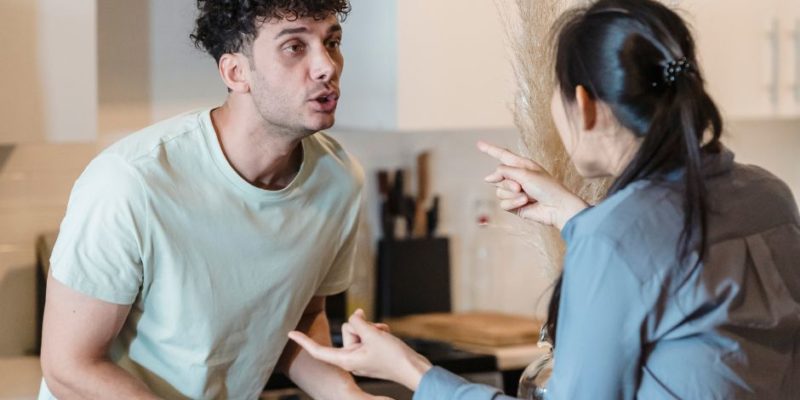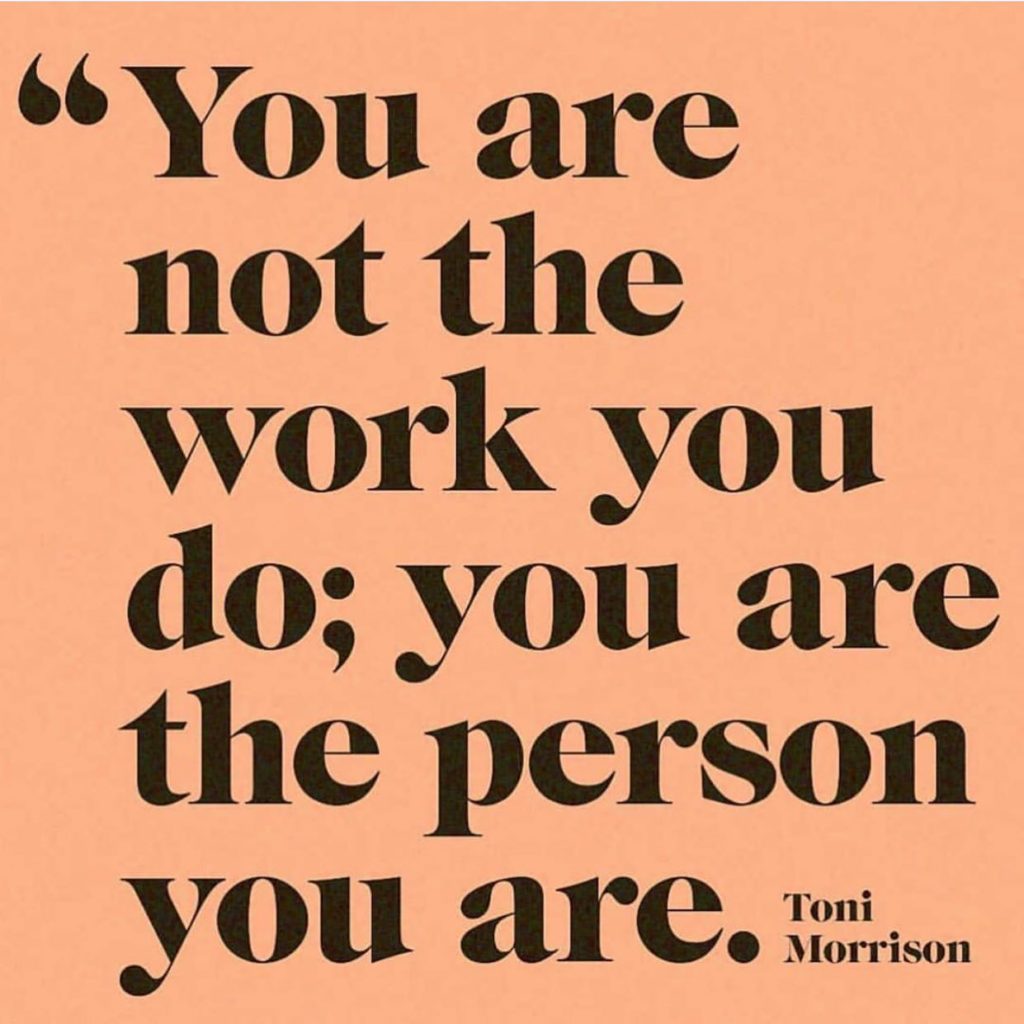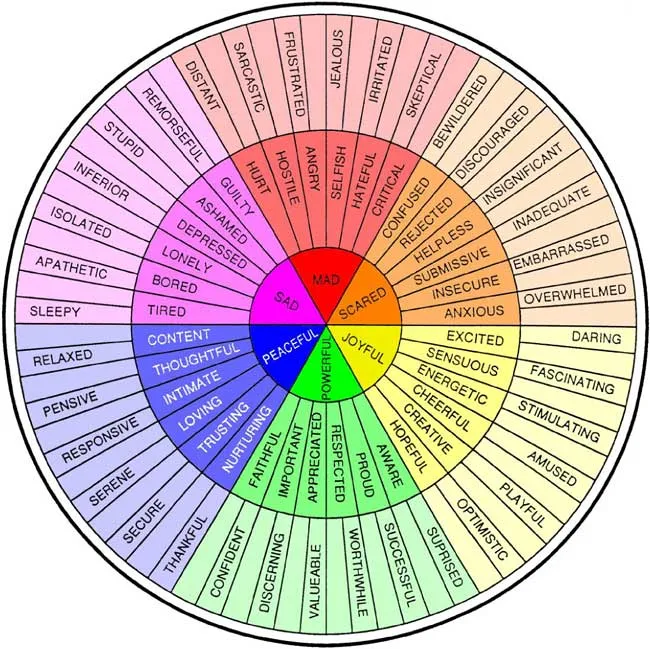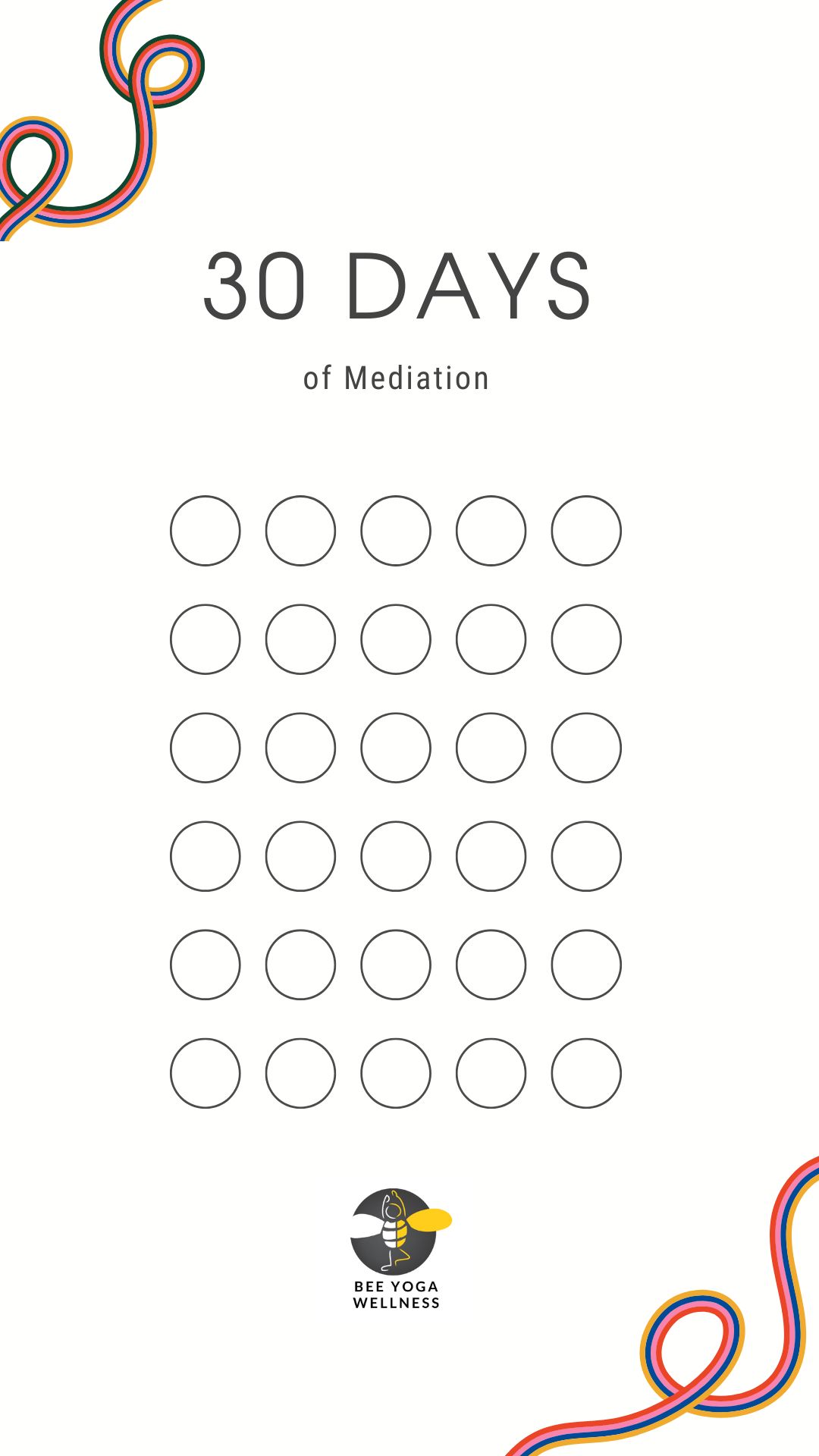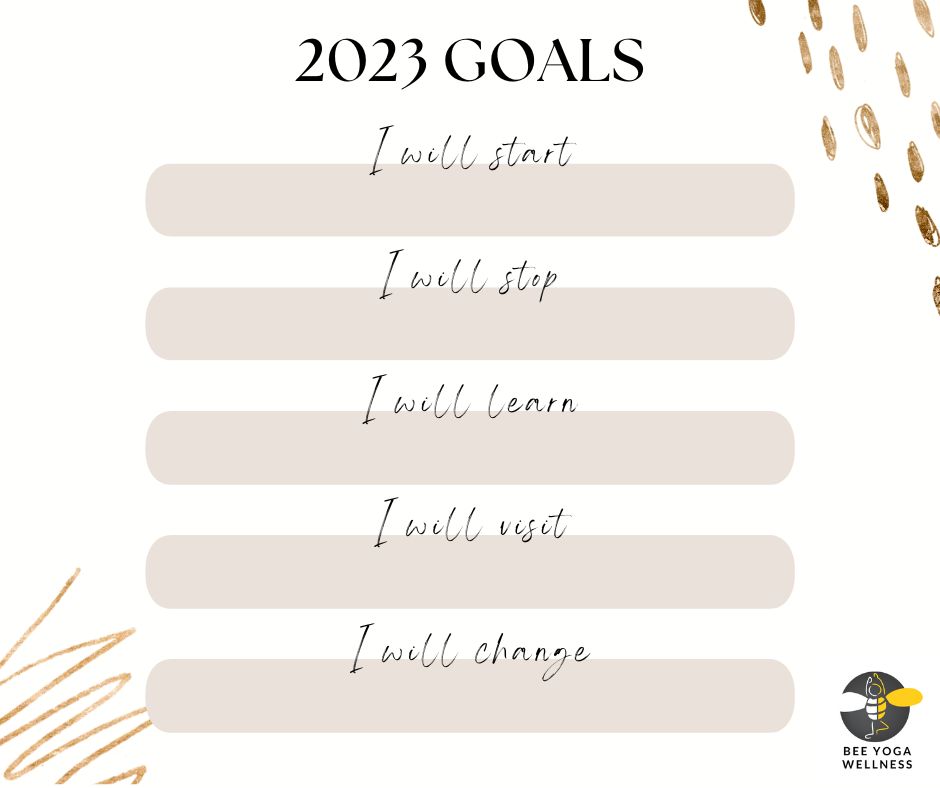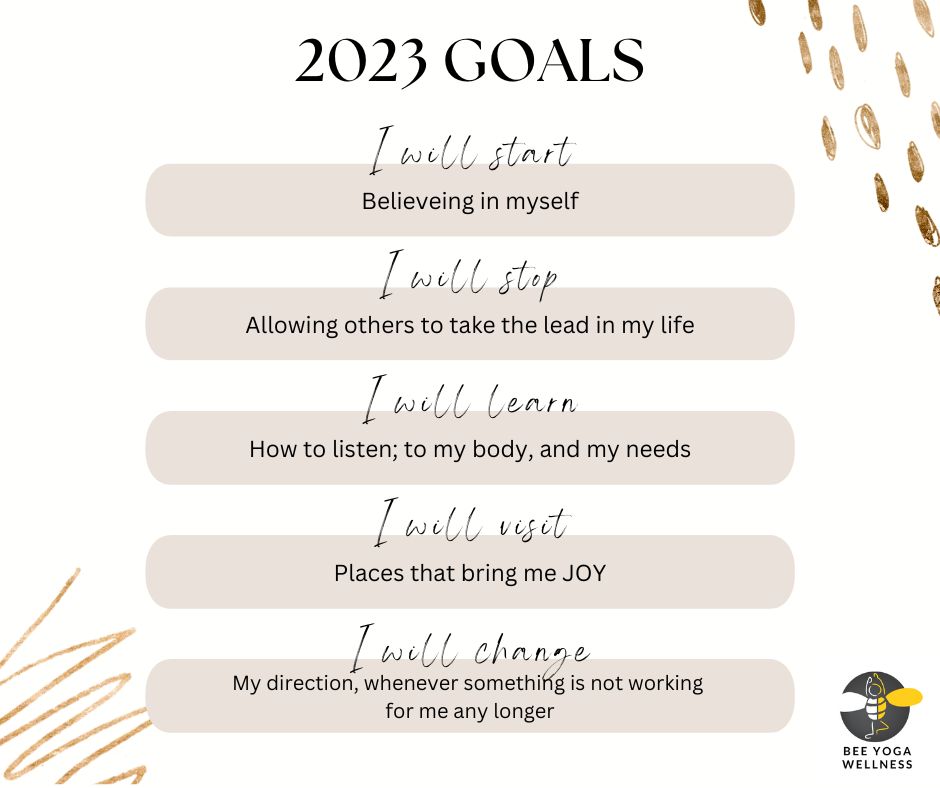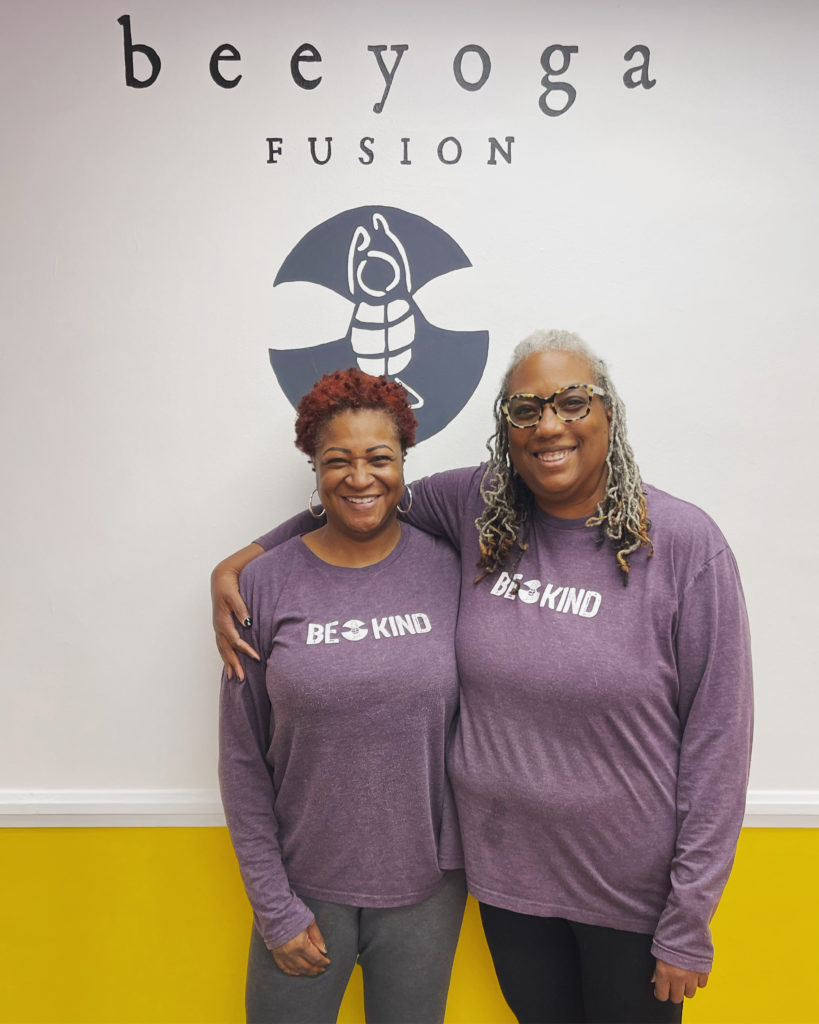A common theme I talk about in my yoga classes is using the time you are spending on your yoga mat to take an inventory of your body.
To intentionally listen to what the body is telling you in each pose. Rather than focusing on the loud, constantly judging voice in your head evaluating whether you are doing this pose “right,” instead listening to the deeper story that the body is trying to tell you.
Is there a tightness there in my hip? Or does the shoulder actually feel good when I do that movement even though I’ve never moved it like that before? Take in the data without an emotional attachment to it. Without an opinion or judgment, use the time on your yoga mat as a way to take in the information.

When we begin to train ourselves to listen to the body, we can hear the cues before the injury happens, and we can hear things in the body before it becomes a full-blown issue. When the sore wrist is just a sore wrist and before it becomes wearing a brace and having carpel tunnel. Or that slight pull in the shoulder every time you over-extend the arms, listening to that feeling before it becomes a full rotator cuff situation. Of course, injuries happen sporadically. But often, the body is telling us something subtly first, and we have chosen to ignore it.
Once we become masters of intentionally listening to the body, we can take that knowledge off the mat and use it to intentionally listen to our spouse, co-workers, and friends.
A very simple example that I have witnessed with several of my coaching couples is asking someone in your family to take out the trash. The response is often a, “I’ll get to it…I’ll get to it in a minute”. And then what happens next is that the person forgets. They aren’t being malicious. They genuinely have forgotten because they were preoccupied when asked and something in their lives has a higher priority. So then, what happens? I think you know the answer. The original asker has to ask again. Guess what? The response is the same, “I’ll get to it”…
By the third time that the original asker has to ask, the simple task of taking out the trash has turned into a fight. Voices have escalated to yelling in the middle of the kitchen, and suddenly it turns into all the other times that you didn’t support her, didn’t follow through, and didn’t answer an important question.
It has suddenly become this mountain of a problem. And maybe it’s here when you think to yourself, “If I just took out the trash the first time I was asked, I could have avoided that huge blow-up!”
And you are partially correct. The feelings the person is experiencing are real. I’m not saying that the issues that are brought up in the moment of the fight aren’t going to be addressed later because it’s clear that those topics and feelings need to be talked through. But it isn’t ideal to yell or getting to the point of escalated emotions fueled by the trash not being taken out. This conversation should happen over dinner or as you lay in bed. Ideally, in a tone of voice that is in neutral volume rather than that higher pitch of frustration or that deeper growl of resentment.
Listening to those small cues that the people we love express to us, when they tell us what is important to them, we must listen and not assume. For example, when they ask us to take out the trash, we need to both understand their desire and together come to a compromise on the timeline of when it will happen. The important part is that they know we will do it. We may not stop what we are doing right at that moment, but within the next few hours, we will take it out without being asked again. Something so simple, having a conversation about trash and tuning into those subtle cues of frustration from our spouse is the way that we can support and love the other person, showing that we value them.
Again, we can begin the journey of intentional listening by learning to listen to the body. When we become experts on our bodies, we can take that how-to knowledge off our mats and apply it to our lives.
Learning to listen in a world where there is a lot of noise takes time, so be gentle with yourself. The loud voices of the people on Tic-Tok or Instagram create clutter in our heads. It’s time to tune them out, put down the phone and have deeper conversations of connection with the people we love. It’s essential for our relationships to listen to the subtitles of the people we care about, those in our inner circle, and commit to being more mindful in our relationships.
